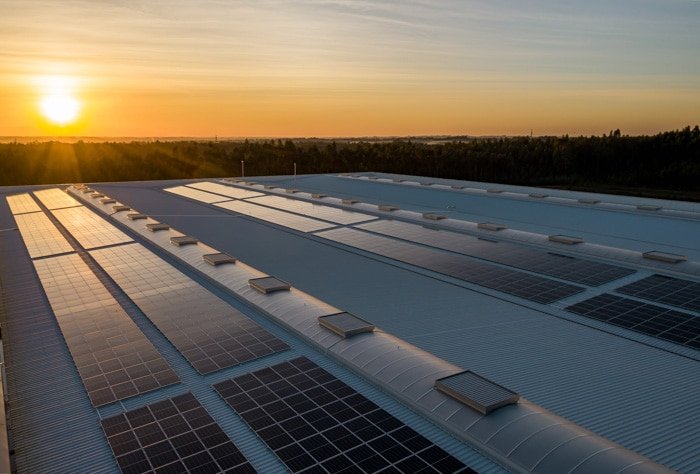The recent budget bill passed by the House Ways and Means Committee provides unprecedented funding to do so, but those funds aren’t a guarantee. Once brought to Congress, the funds could very well be cut in half – or more. Even so, the amount would still be the highest level of support thus far by the U.S. government towards the support of an energy transition.
The Democrats believe this energy plan to be one of the most important pieces of climate legislation that Congress has the chance to pass, and they are focused on ensuring that it goes through. With Republicans, and some Democrats, opposed to additional spending, as well as a large American voter base opposed to climate initiatives at large, there may be a long path ahead.
Still – this is a lucrative step and a positive one at that.
If the House and Senate can work out their differences and determine what would drive clean emissions, we may very well see some progress take place. Among other things, as part of the bill, the Ways and Means Committee would like to extend the current renewable energy tax credits and expand them to new technologies. This can offer a direct-pay option for several tax breaks and provide higher payments to projects completed by union workers.
There is interest in including carbon pricing by the Senate Finance Committee – though not all are on board.
With U.S. President Joe Biden expressing the need for the U.S. to take more drastic action against climate change, and the countries across the globe recommitting to the Paris Agreement, it will be interesting to see what happens next.
Hopefully, Congress can look back on their vote with pride instead of regret.

